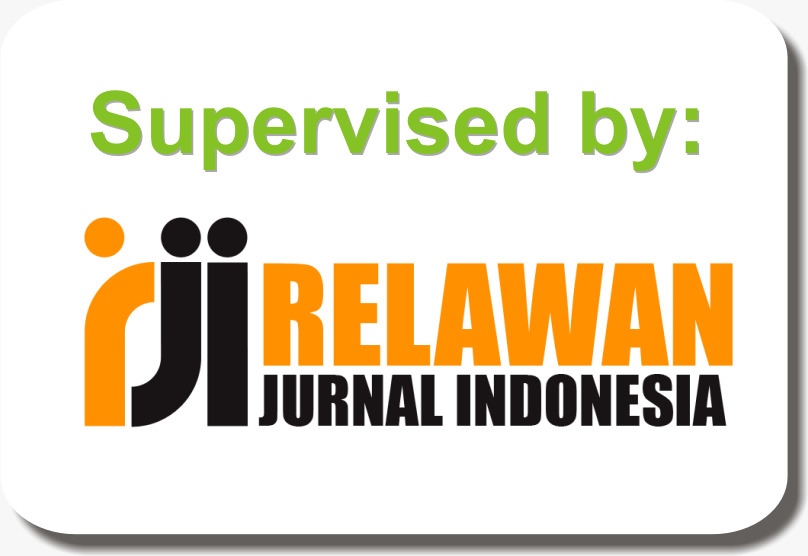THE ASSESSMENT OF CRITICAL THINKING SKILL FOR EARLY AGE CHILDREN BASED ON CRITERION REFERENCED AND NORM REFERENCED INTERPRETATIONS
DOI:
https://doi.org/10.32832/tek.pend.v5i2.495Abstract
The objective of this research is to study comprehensively the assessment of critical thinking skill for early age children based on criterion referenced and norm referenced interpretations. It is a measurement research for students in Assalam Kindergarten. There are some critical thinking skill indicators, such as clarity, accuracy, precision, depth, breath, relevance, and logic. By using assessment based on criterion referenced interpretations, critical thinking skill is so real and absolute, while by using assessment based on norm referenced interpretations, critical thinking skill is so relative depends on their groups. Based on criterion referenced interpretations, there are 10 students can think critically because their scores are higher than minimum limit and 24 students can’t think critically because their scores are lower than minimum limit. Based on norm referenced interpretations, there are 19 students think critically above average and 15 students think critically under average. The conclution is the assessment of critical thinking skill for early age children have various benefits. One of them is as an early detection to their higher thinking skill level. So, the assessment of critical thinking skill for early age children can be strong foundation to prepare the best stimulation for optimalizing their critical thinking skills until mature in the future.Downloads
Published
2016-07-17
How to Cite
Taza Mila, R. (2016). THE ASSESSMENT OF CRITICAL THINKING SKILL FOR EARLY AGE CHILDREN BASED ON CRITERION REFERENCED AND NORM REFERENCED INTERPRETATIONS. Jurnal Teknologi Pendidikan, 5(2). https://doi.org/10.32832/tek.pend.v5i2.495
Issue
Section
Artikel
License



















